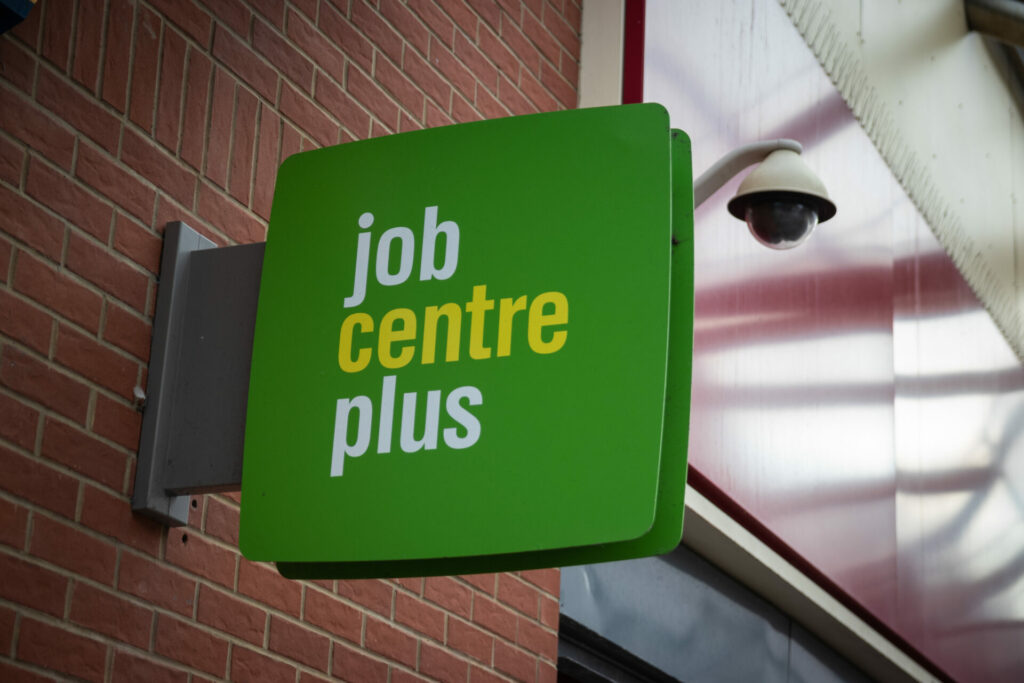The latest ManpowerGroup Employment Outlook Survey for Q3 indicates a cautiously optimistic hiring landscape in the UK, despite a slight decline in hiring intent. The survey, which includes responses from 2,100 UK employers, shows a Net Employment Outlook of +20%, down three percentage points quarter-on-quarter but still robust compared to the EMEA average of +19% and a global Outlook of +22%.
One notable finding is the strong intent to hire younger workers, with nearly half (45%) of UK managers planning to recruit employees aged 25 and under during the July-September period. This trend is particularly pronounced in Northern Ireland (53%), Scotland (50%), Wales (49%), the East Midlands (49%), Yorkshire & Humberside (48%), and London (47%).
However, 96% of UK employers report difficulties in engaging employees with less than ten years of work experience. The main challenges include meeting work-life balance expectations, maintaining motivation, and addressing perceived skill gaps among Gen Z and younger Millennials. To tackle these issues, employers are focusing on flexible work hours (71%), overall wellbeing (70%), and improved technology tools (69%).
Michael Stull, managing director of ManpowerGroup UK, highlights the misconceptions about Gen Z’s work ethic, emphasizing their eagerness to learn and use new technology. “The stereotypical view that Gen Z lacks a proper work ethic miscasts a generation otherwise keen to acquire skills and utilise new technology in a rapidly evolving labour market – albeit on their terms,” says Stull.
The survey also reveals that more than half of respondents are either ‘early adopters’ (20%) or ‘current adopters’ (31%) of generative AI tools, indicating a significant impact of AI on the UK labour market. Stull notes that this technological shift could mean that Gen Z will be the last generation to work ‘full-time’ as currently conceived.
Stull calls for a new, coordinated effort between businesses, educational institutions, and the government to ensure that younger workers are equipped with the necessary skills for the future. “Employers who address intergenerational opportunities and offer the flexibility, development and purpose Gen Z need to thrive will potentially unlock a workforce ready and able to learn the skills needed to adapt to a rapidly evolving tech, green and employment landscape,” he adds.

















